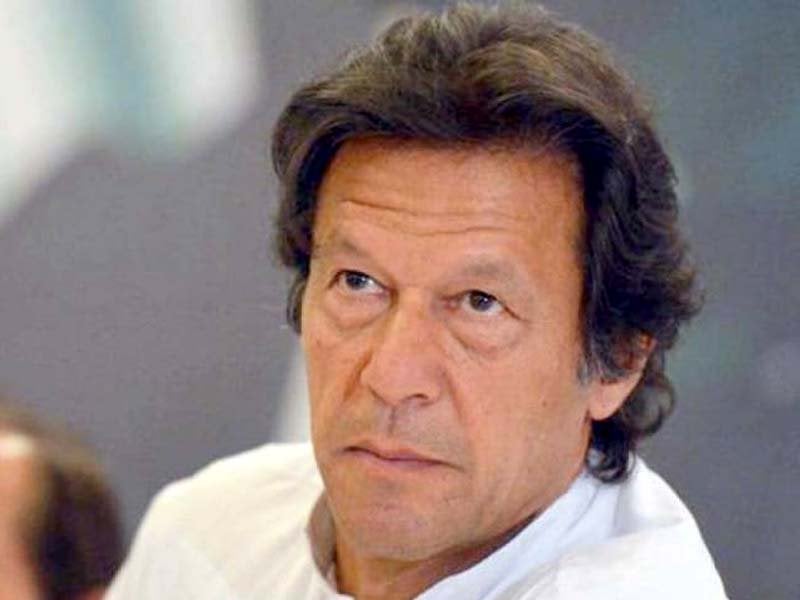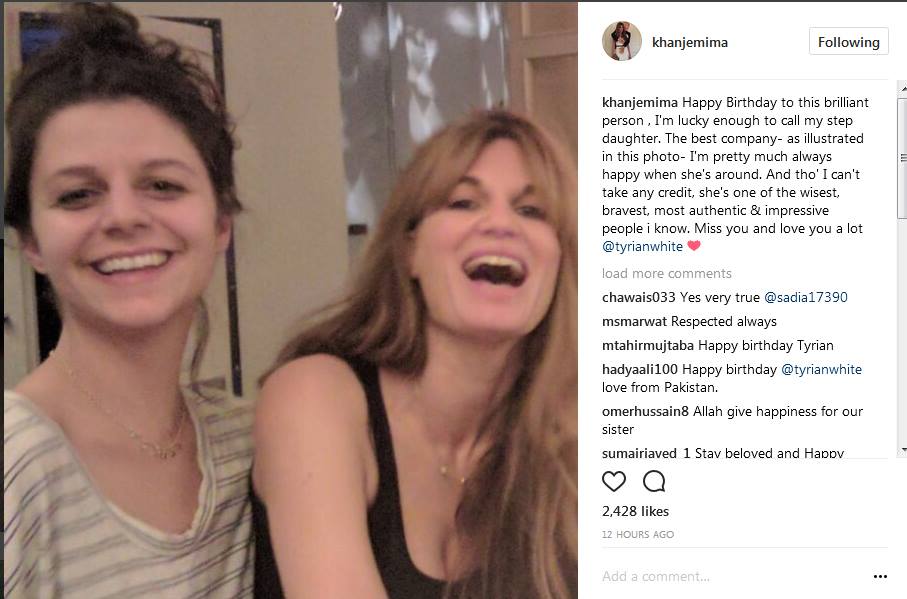
She had been raised in world of privilege, her father’s wealth burnished by her mother’s aristocratic connections. Love wasn’t the only motivating factor behind Khan’s own marriage.

But when it’s what has come to be known as assisted marriage, I’ve seen it work very successfully.” I don’t want to be Pollyannaish, because I know that forced marriage is a whole different thing. That didn’t mean that the parents didn’t have ultimate sign-off, but I was part of the process, and I saw them play out. Quite often these children of friends of my ex-husband would say, ‘ok, we’ll have an arranged marriage, but can Jemima be involved’. “When I was in Pakistan I genuinely ended up arranging marriages. In a world where we are led entirely by the idea of romantic love, if we could inject some pragmatism into that, a little more objectivity, then we might find a middle ground somewhere between passion and pragmatism, and we might make better decisions.

But I came back after ten years with a slightly different view, whereby I could see some merits to it. “When I went to Pakistan I probably had the same views as the rest of my friends about the concept of arranged marriage, which is that it is a mad, outdated idea. The film is informed by her years in Pakistan, if not a direct representation of them. I just rewrote it and rewrote it,” says Khan. The film is about a commitment-phobic English film-maker in her thirties (Lily James) who travels to Lahore to document the arranged marriage of a British Pakistani man and finds her own views on love challenged. Anyway, she had another project on the go, the filming of What’s Love Got To Do With It. Khan was deeply involved in the execution of the series, although, due to Covid restrictions, she could not get to America for the final months of production (her then-partner at Instinct, Henrietta Conrad, was on set). She was really vulnerable because a famous actress had just said, ‘why did they let you in?’ I became friends with Lewinsky at a party.



 0 kommentar(er)
0 kommentar(er)
